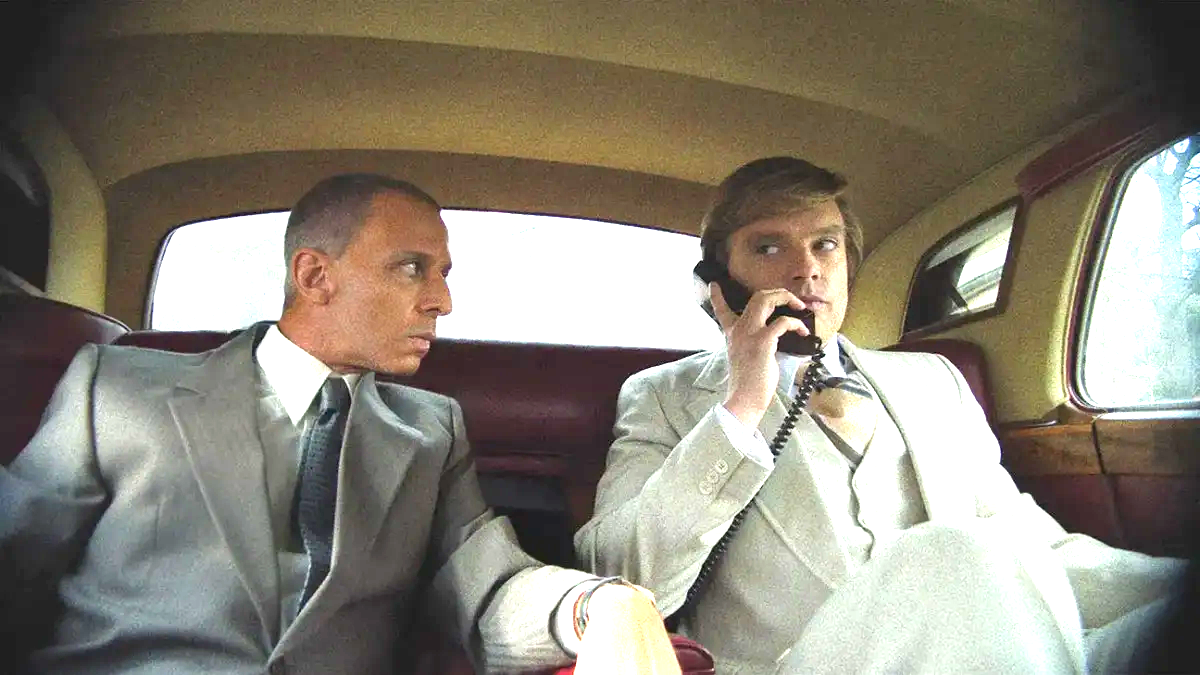
This is a capsule review. A full review will be posted when the film is released into theatres.
Last year, TIFF welcomed two standout films centering on the lives of musicians, Whiplash and Love and Mercy. This year’s festival sees a movie that almost seems like an amalgamation of the best qualities of each of these previous films in Born to be Blue.
Movies about musicians seem as though they need a star operating at the top of his or her game, a demonstration of virtuosic acting, as though the quality of their performance must match the quality of the performer they happen to be portraying.
That’s certainly the case in Born to be Blue: Ethan Hawke, starring as jazz icon Chet Baker, is outstanding in what (to my mind) is very likely his best work to date. It’s the type of performance that could be called award-worthy if awards were actually a reliable measure of quality. He’s put out a string of good work lately, from Before Midnight to Boyhood, even to under-seen films like Predestination (not to mention the documentary he directed, Seymour: An Introduction), but this is a role showing something different.
Much of his work contains a kind of unique sensitivity that’s usually buried beneath a veneer of masculine bravado; here, this devastating fragility is right on the surface, in a timid speaking voice and eyes searching for personal connection, validation maybe, everywhere he looks. It’s powerful stuff.
The structure of the film is a clever one as well, working in a movie shoot in the 1960s in which Chet is playing himself in his heyday a decade prior, the present-day junkie version now trying to relive the life of his former jazz hero self. This gimmick’s service to the story of the film runs its course early, but provides a visually clear and aesthetically satisfying shorthand for any backstory necessary to provide context for Chet’s later struggles.
Hawke has said this story has personal reverberations for him, and director Robert Budreau (there is some tremendous work by Canadian filmmakers at this year’s festival) apparently shares this fascination with Chet Baker. The sympathy they have for him as a man who never could find the inner confidence to equal the beauty of his artistry is laid bare on the screen in Born to be Blue, punctuated by a deeply moving conclusion, going out on a cinematic note that is appropriately, tragically, dissonant.





Published: Sep 13, 2015 06:00 pm